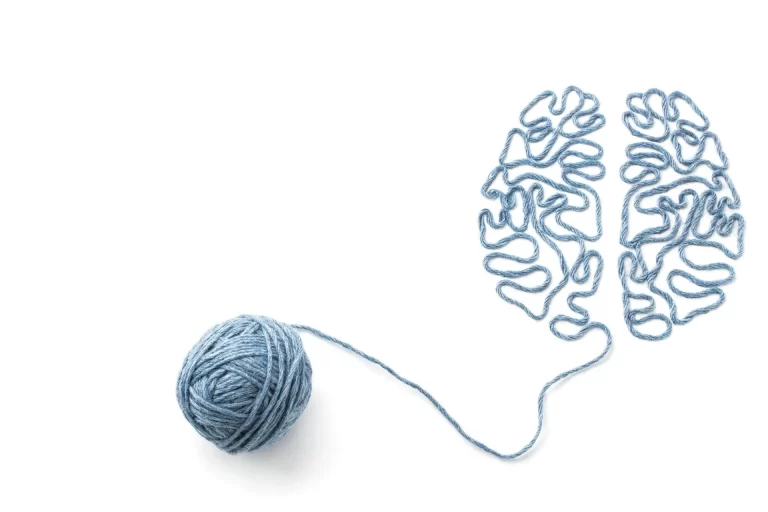“Neurodiversity may be every bit as crucial for the human race as biodiversity is for life in general. Who can say what form of wiring will prove best, at any given moment?” Harvey Blume, 1998
The neurodiversity movement has really picked up momentum in the last few years, and although there are many different viewpoints on the reasons behind this, one can’t help but wonder what the impact on society would be if we embraced neurodiversity in the same way we’ve accepted other aspects of diversity – such as race, religious beliefs or sexuality.
So, what is neurodiversity?
The Cambridge Dictionary defines neurodiversity as:
“the idea that people having a range of different types of brain, including those with and without autism, should be regarded as part of normal human life”.
Neurodiversity advocates argue that it might prove more helpful to acknowledge a broader spectrum of human variation, rather than approaching these variations as “mental illnesses”.
Neurodiversity in the workplace
Having worked in the autism, learning disability and mental health sector for almost two decades, it’s been interesting to see how this movement has started to gain more recognition and really get people thinking about how we can put these ideas into practice. When it comes to employment, some businesses (mainly in the technology industry), have realised very early on that people with different thought processes have a huge amount of value to add to their organisations. These organisations are starting to see huge increases in innovation and productivity.
In the US for example, JPMorgan Chase ran a side by side comparison of neurotypical and neurodiverse employees. Their findings were extremely enlightening – the neurodiverse group of workers had a 48% higher productivity output.
But how are these businesses and organisations really putting this into action? It’s simple – they flip the narrative and recognise that if they invest in their people from the outset and make the reasonable adjustments people need – the rewards far outweigh the challenges of embracing those initial steps. This is not about trying to “fix” a disability – this is about creating the environment, through applied research, to tap into a resource that could, one day, be transformational for our progression as a human race.
A change in perspective
When you dive deeper and look back through time at some of the individuals that have truly propelled our world forward, it might be unsurprising to find that many would have been considered as “different” or “eccentric” or maybe just pure “brilliant”.
Just to name a few: Albert Einstein, Wolfgang Mozart, Isaac Newton, Charles Darwin – and more recently: Steve Jobs, Bill Gates, Elon Musk, Temple Grandin – and probably most notably in our time: Greta Thunberg. Who hasn’t heard of the 16-year-old girl, speaking up without fear of reprisal – speaking with pure logic and facts? The world is listening.
Changing attitudes is always a challenging process, as has been proven time and time again as we’ve moved through the ages – just look at the female equality movement, which has taken the best part of a century to truly come to fruition. We are now living in a more liberal and accepting society – and it could be argued that the acceptance of this concept shouldn’t be such a large stretch.
Better for who?
Now, there is the flip side to the neurodiversity movement – and a strong school of thought that this concept has potentially been more damaging for people who aren’t diagnosed as having “high functioning” autism. These individuals do require more support to be able to live their daily lives, and it would be negligent to categorise everyone on the spectrum as having the ability to perform in demanding job roles within different industries.
But surely, if we do something as simple as ensure early interventions are accessible, such as tangible support in behaviour and speech difficulties, we can open up so many more doors for people to be able to contribute to our societies in a meaningful way as they grow up. And we’re not talking about meaningful for everybody else – but meaningful for those individuals in the ways they choose to experience life. We all should get those choices, by default. What makes it so difficult for us to break down barriers and open doors for people who might think differently? Is our society really geared up to accept these new ways of thinking as progressive?
What I am putting forward, is the idea that if we really take the time to hone in on these differences in wiring, working in an individualised way for each neurodiverse person – couldn’t the opportunities for not just their futures, but our own, be endless?
Temple Grandin once said:
“What would happen if the autism gene was eliminated from the gene pool? You would have a bunch of people standing around in a cave, chatting and socializing and not getting anything done.”
So surely, if these achievements through history are down to different neurology, why on earth does this need to be fixed? Can’t we just accept, embrace – and have gratitude that we all bring something different to the table?









